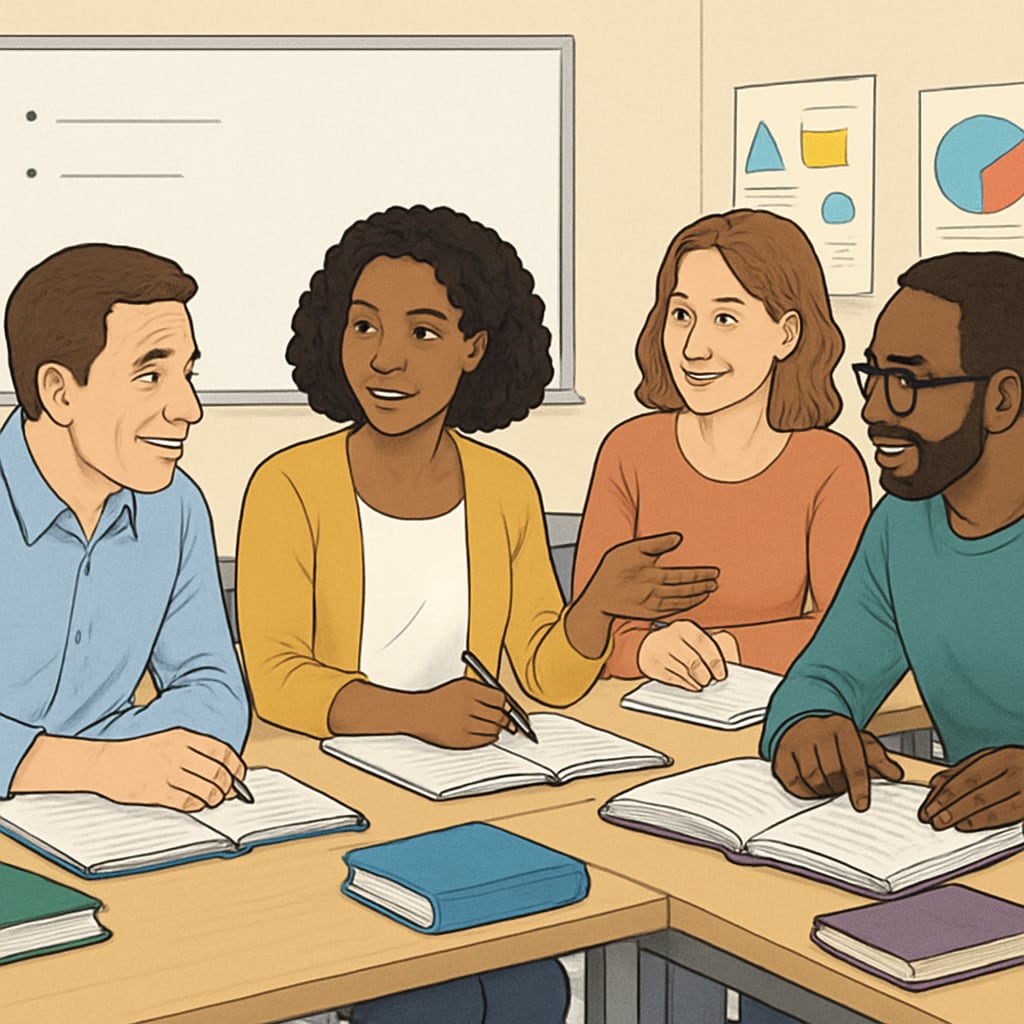Early education deficits, foundational knowledge gaps, and learning difficulties can significantly impact adults’ academic, professional, and social development. Many individuals who experienced educational neglect in childhood struggle with confidence and competence later in life. However, it is possible to bridge these gaps through targeted strategies and a commitment to lifelong learning. This article will explore how adults can overcome early education deficits and rebuild their knowledge base to achieve personal and professional growth.
Understanding the Impact of Early Education Deficits
Early education lays the groundwork for future learning. Missing out on foundational knowledge during childhood often creates challenges in adulthood, such as difficulty with basic literacy, numeracy, or critical thinking skills. These deficits can also affect self-esteem and limit career opportunities. For example, according to educational research, gaps in early learning can lead to a lifelong struggle with academic performance and professional success.
Furthermore, adults with educational gaps may feel socially isolated, as they might avoid situations where their learning difficulties could be exposed. However, understanding the causes and acknowledging the impact of these deficits is the first step toward overcoming them.

Effective Strategies to Bridge Knowledge Gaps
Bridging early education deficits requires a systematic approach. Here are some practical strategies:
- Identify Specific Gaps: Start by assessing your current knowledge and pinpointing areas that need improvement, such as math, reading, or writing skills.
- Use Self-Paced Learning Tools: Online platforms like Khan Academy or Coursera offer free resources to help adults strengthen foundational skills at their own pace.
- Seek Professional Guidance: Tutoring programs or adult education centers often provide personalized support for learners struggling with specific subjects.
- Set Achievable Goals: Break down learning objectives into smaller, manageable steps to build confidence and track progress.
- Join a Learning Community: Connect with others who share similar goals to create a supportive environment for accountability and motivation.
These strategies, combined with persistence and a positive mindset, can gradually close knowledge gaps and improve overall confidence. As Britannica highlights, lifelong learning is a critical skill in today’s rapidly changing world.

Building Confidence as an Adult Learner
Overcoming early education deficits is not just about acquiring knowledge—it’s also about rebuilding self-confidence. Many adults carry the emotional weight of past educational failures, which can hinder their progress. Here’s how to combat this:
- Celebrate Small Wins: Acknowledge every milestone, no matter how small, to build momentum and maintain motivation.
- Adopt a Growth Mindset: Embrace the belief that abilities can be developed through effort and practice, rather than being fixed traits.
- Surround Yourself with Supportive Individuals: Engage with mentors, friends, or family members who encourage and inspire your learning journey.
- Focus on Progress, Not Perfection: Understand that setbacks are a natural part of the learning process and use them as opportunities to grow.
By focusing on both academic growth and emotional resilience, adult learners can transform their educational journey into a rewarding and empowering experience.
The Role of Lifelong Learning in Overcoming Deficits
Lifelong learning is essential for bridging early education gaps. It enables individuals to adapt to new challenges, acquire new skills, and stay relevant in an ever-evolving world. For adults who have experienced early learning deficits, lifelong learning provides a second chance to develop the knowledge and skills necessary for personal and professional success.
In addition, lifelong learning fosters curiosity and creativity, which can lead to greater opportunities and a more fulfilling life. By committing to continuous self-improvement, adults can overcome the limitations of their past and build a brighter future.
In conclusion, addressing early education deficits as an adult is a challenging but achievable goal. Through self-assessment, goal-setting, and the use of available resources, individuals can overcome learning difficulties and bridge foundational knowledge gaps. By embracing lifelong learning and cultivating self-confidence, anyone can turn obstacles into opportunities for growth.
Readability guidance: This article uses short paragraphs, lists, and accessible language to ensure clarity and engagement. The content emphasizes active voice and incorporates transition words to maintain a natural flow.


